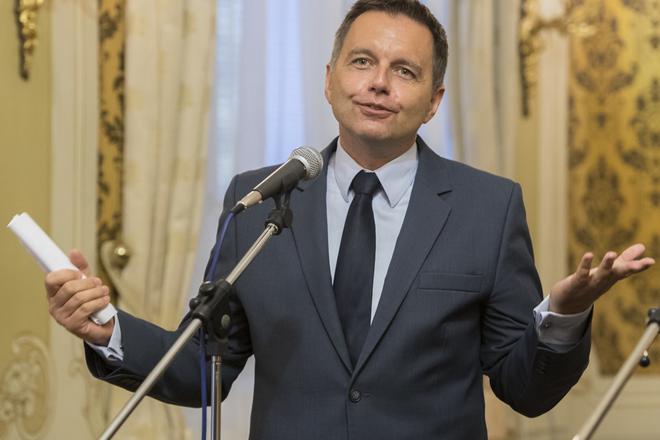Slovakia has experienced two losses in high EU politics just a few days apart: first, Bratislava did not succeed in its bid to host a major EU agency after having to relocate to the continent due to Brexit, and subsequently the Slovak finance minister failed to get elected to the chair of an informal but important Eurogroup.
While there were a number of substantial reasons behind both, the two events provoked reactions to the effect that Slovakia and its neighbours in Central and Eastern Europe, still colloquially labelled the “new” EU members, are discriminated against when it comes to high EU posts as well as hosting EU institutions.
“Europe is not just about a balance between the north and south, but about equal chances between old and new member states,” Kažimír said as he arrived to the Eurogroup meeting before the vote and suggested that the representation from new member states is very small.

The Eurozone finance ministers gathered within the Eurogroup did not change that balance in favour of countries in the eastern part of the EU in the end, when they chose the Portuguese representative, Mario Centeno, for the post.
“I think Central Europe is also often disregarded because of old stereotypes of a backward post-communist Europe,” Jakub Wisniewski, director of the Bratislava-based Globsec Policy Institute think-tank told The Slovak Spectator. “But let us be fair and honest: very often we are the culprits ourselves.”



 Finance Minister Peter Kazimir (source: TASR)
Finance Minister Peter Kazimir (source: TASR)